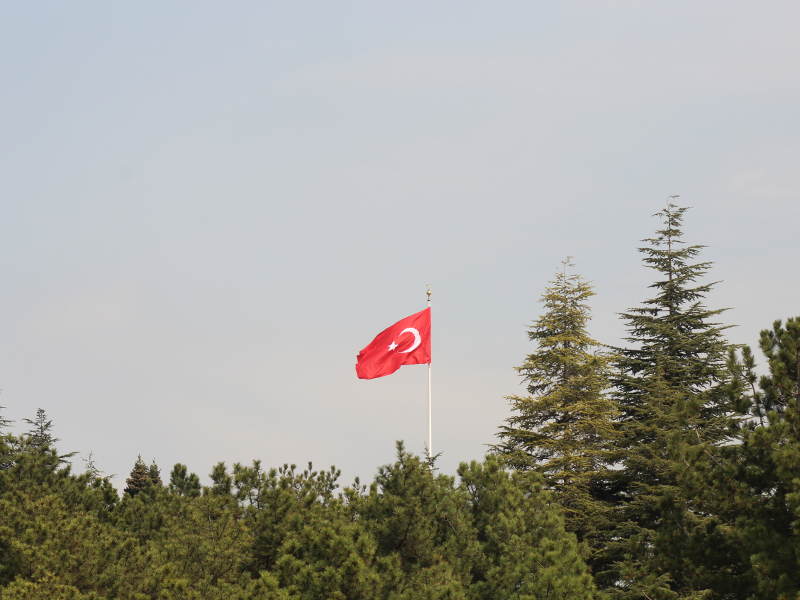Mardin Christians Report Government Pressure

ICC Note: Syriac Christians from Turkey’s Mardin report an increase of government sponsored pressure. This pressure, while not directly on individual Christians, is particularly focused on the seizure of church properties. They cite how the 1915 genocide reduced them to minorities, a perception that continues in society.
09/10/2018 Turkey (Ahval News) – This summer, representatives from Turkey’s non-Muslim religious communities gathered in Istanbul to sign a joint statement denying any pressure being placed on minority groups in the country. In addition to religious leaders from Greek, Armenian, and Jewish communities, Orhan Çanlı, who is Patriarch of the Syriac Catholic Church of Turkey, was among the signatories.
When Ahval interviewed the President of the Federation of Syriac Associations Evgil Türker in the southeastern city of Mardin, he had a very different message:
“I completely disagree with this statement. Istanbul’s Syriac Foundation claims to feel comfortable, but they need to visit Mardin. Here, our property is being seized. The government may not target us individually, but seizing assets from our foundations still imposes great pressure on us. The fact that foundations in Mardin, Midyat, and Idil did not sign onto this declaration shows that we have a problem here.”
Syriacs have lived in the region of Mesopotamia, including southeastern Turkey, for 5,000 years. Türker explains, “The history of Syriacs in this land extends back to the Akkadian Empire…Following the birth of Christianity, Syriacs were one of the first people to accept the new religion. After adopting the religion, they spread it first in this region, and then extended up to the Far East.” Unfortunately, there history of Syriac persecution is almost equally extensive: “The Crusades did a lot of harm to Syriacs. Muslims in the region began to vilify Syriacs, who were periodically put under pressure and massacred.”
In the face of this persecution, Syriacs have struggled to preserve and maintain their culture. “For 280 years Syriacs maintained a kingdom in Urfa, but today our name is not even spoken in the city. Our churches in Urfa were turned into mosques or storage depots. The Halil-ür Rahman Mosque in Balıklıgöl is actually our Virgin Mary Church. The old bell tower is still in tact today.” Türker adds that Kurdish leaders were also complicit in these persecutions, especially at the end of the Ottoman Empire.
Although Syriacs were targeted in specific areas for much of their history, persecution rarely affected the entire population as a whole. This changed in 1915: “The 1915 genocide is the most tragic massacre we have suffered. The genocide began with Armenians, and ended with Syriacs. It changed the demography of the region, and destroyed two thirds of our population. Syriacs were erased from a large part of the region not only physically, but also culturally.”
Considering the rich history of the Syriac people, Türker finds toleration of minorities to be patronizing. “They reduced us and minimized us until we became a minority. This is a hurtful term. We are still experiencing the trauma of 1915, because this genocide effaced us from the land that we inhabited. Now, we are subjected to tolerance. Tolerance is actually a condescending word… Syriacs are one of the oldest inhabitants of this land–they gifted this world a great civilization–and now they are beholden to tolerance. What this word actually says is, ‘You are minor, and we are doing you a kindness.'”
…
[Full Story]For interviews with Claire Evans, ICC’s Regional Manager, please contact Olivia Miller, Communications Coordinator: press@persecution.org.
For interviews, please email press@persecution.org
